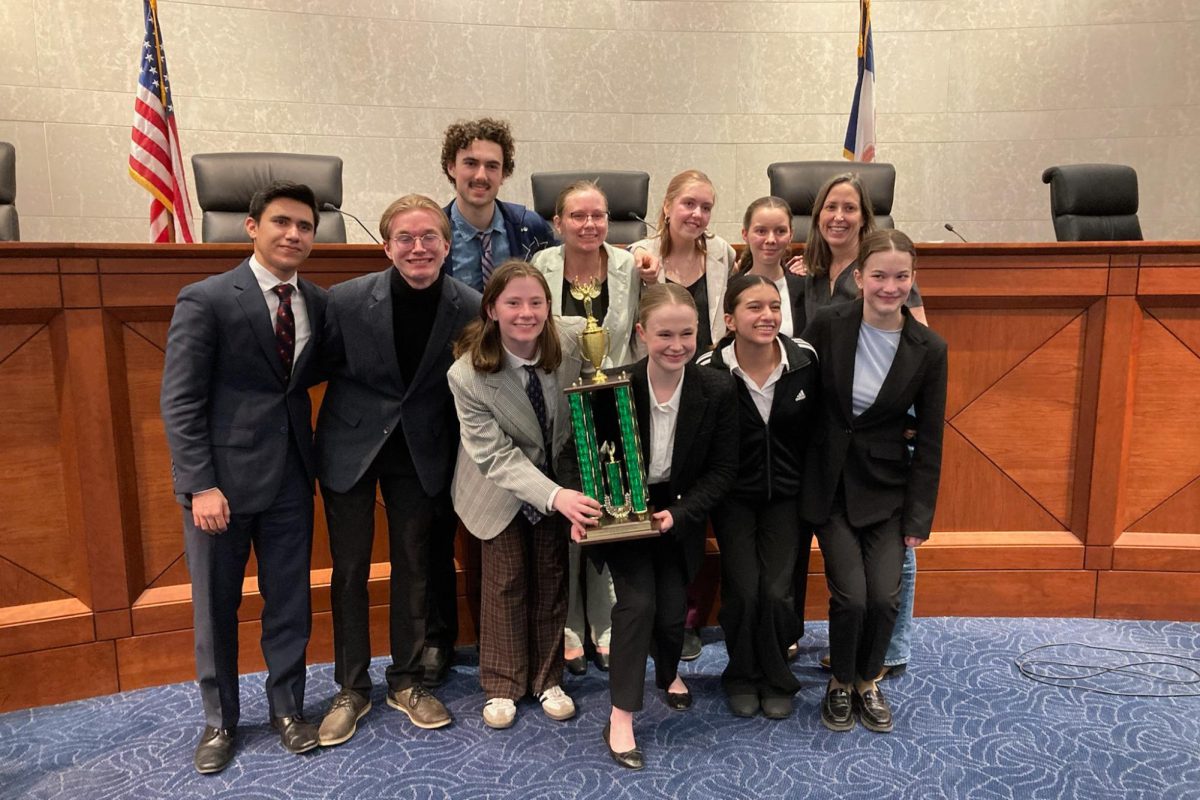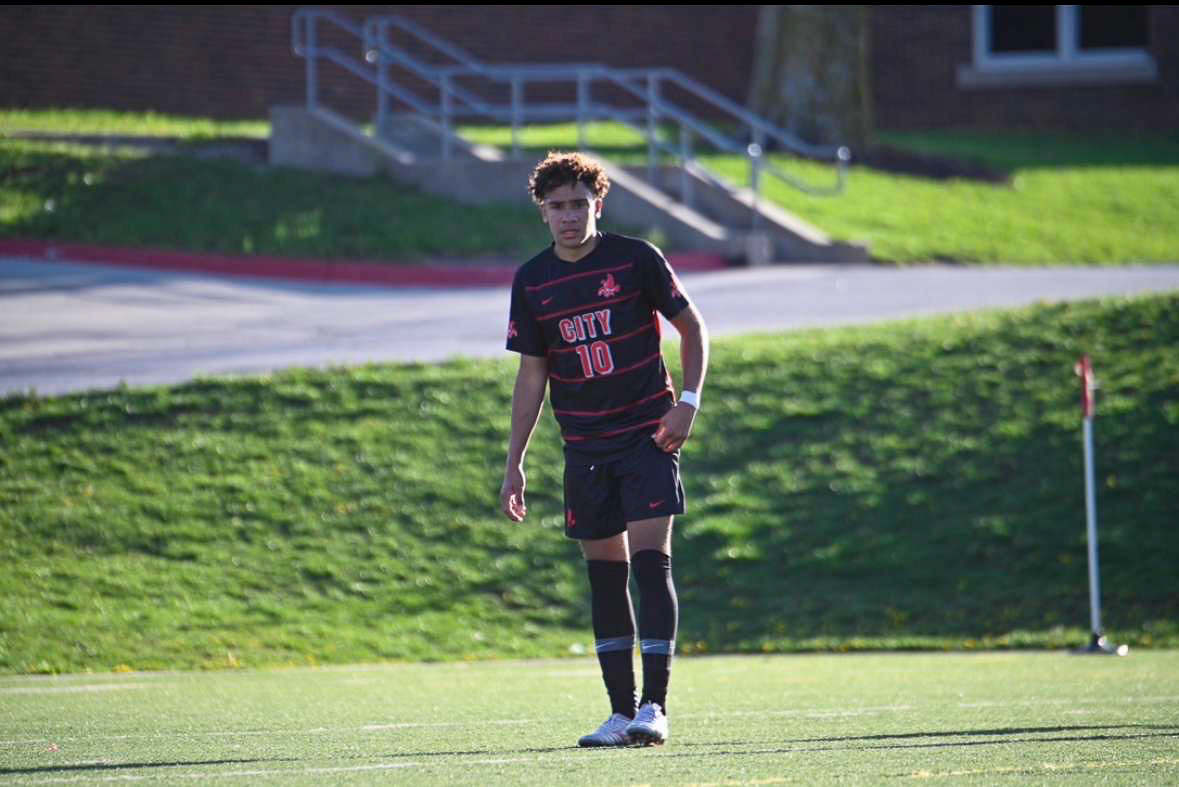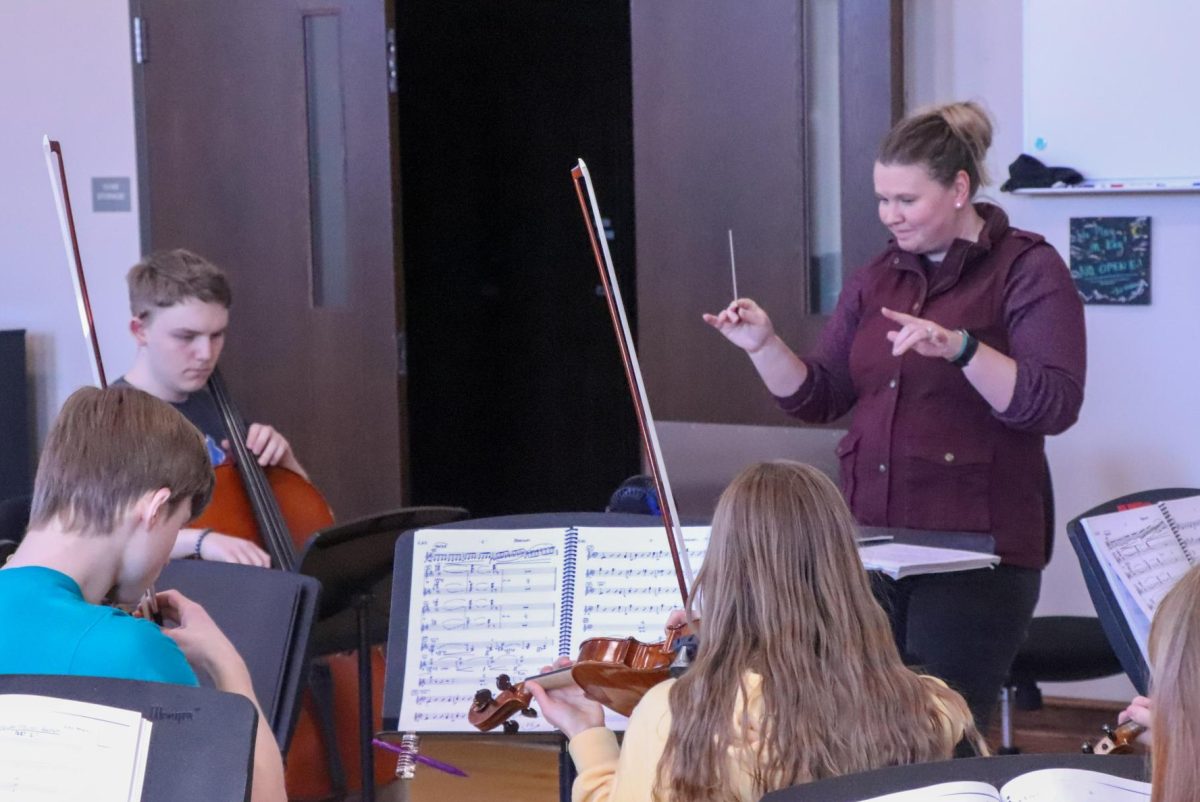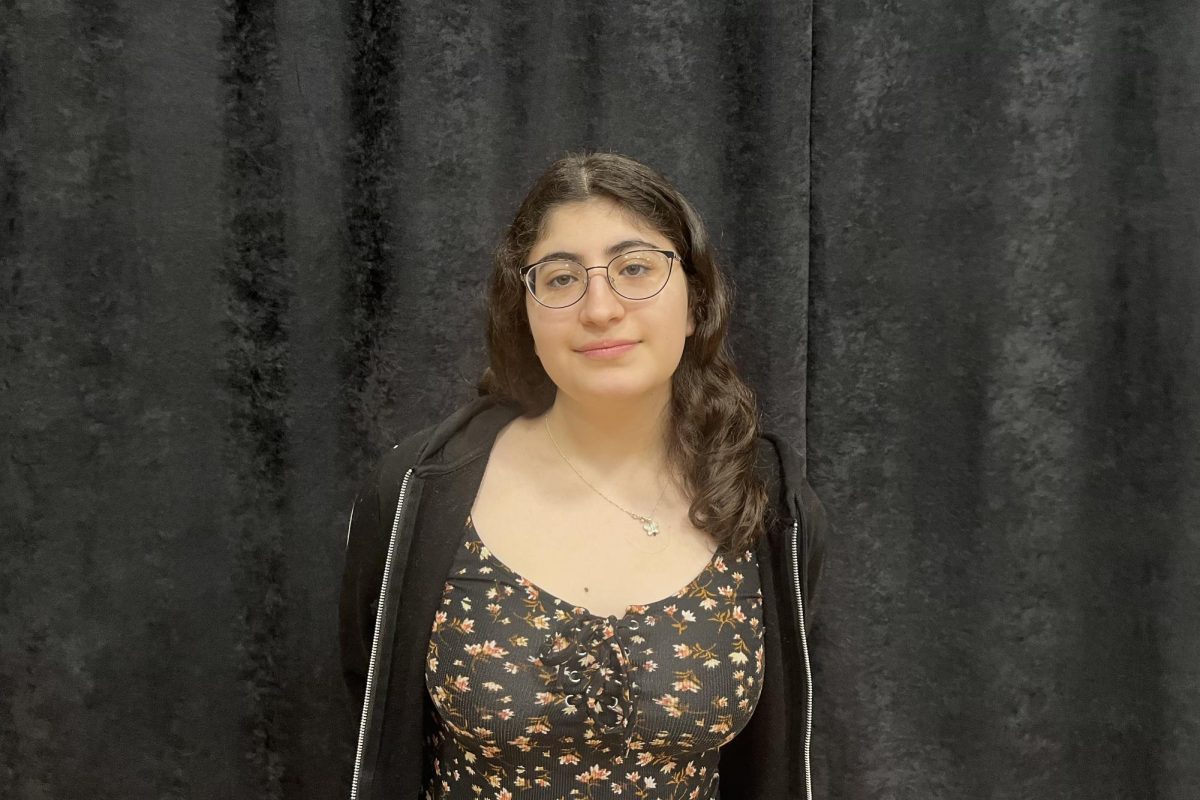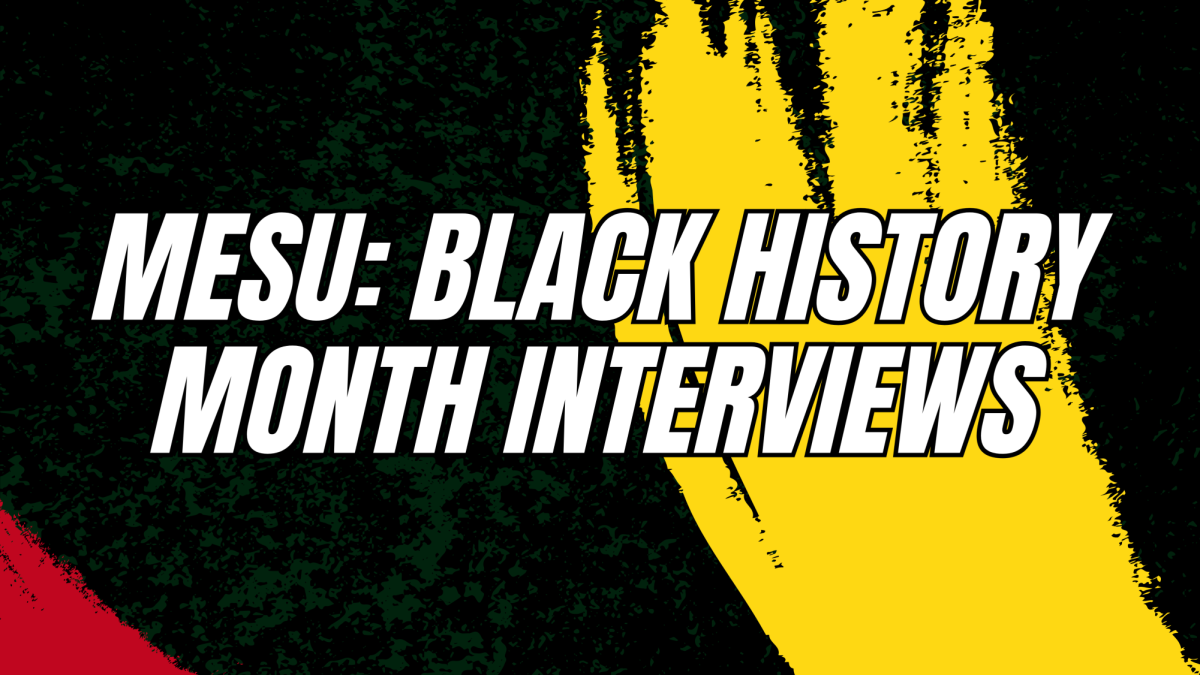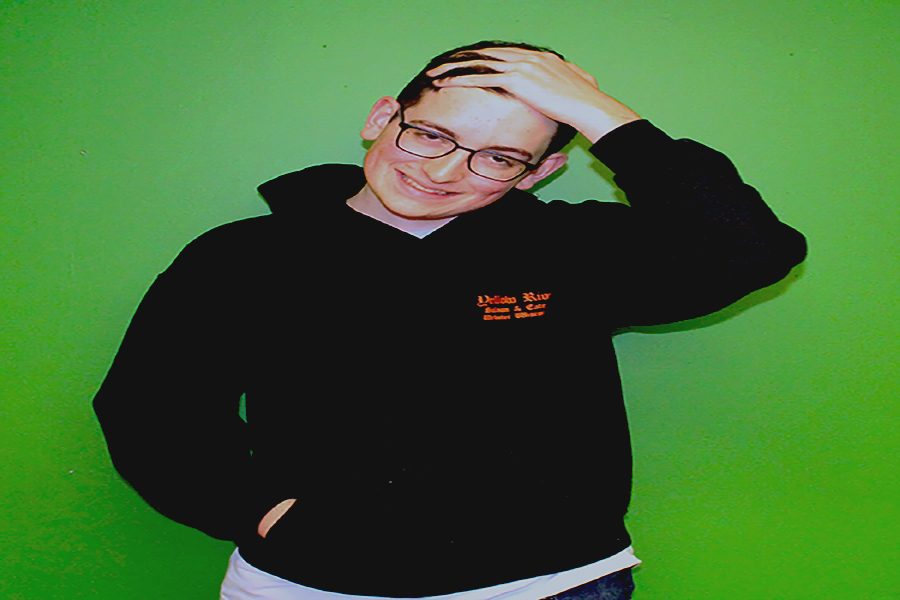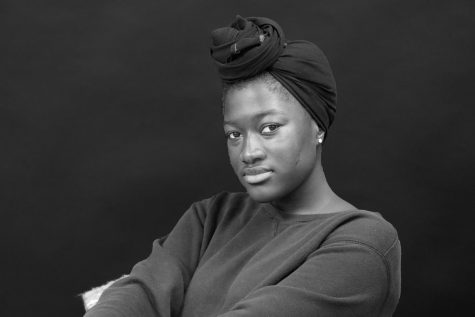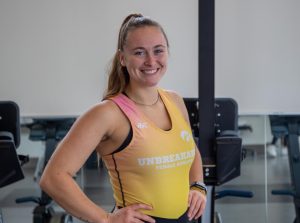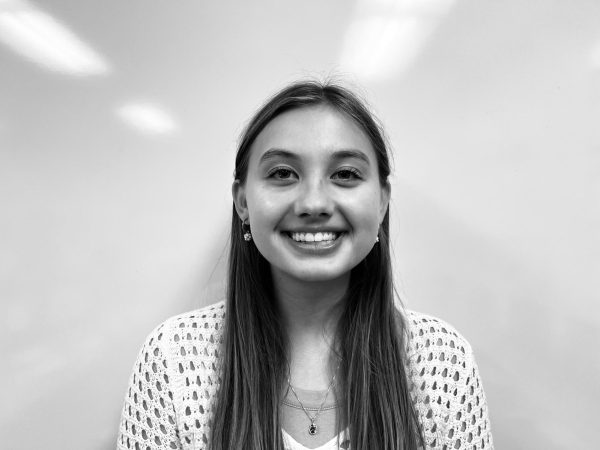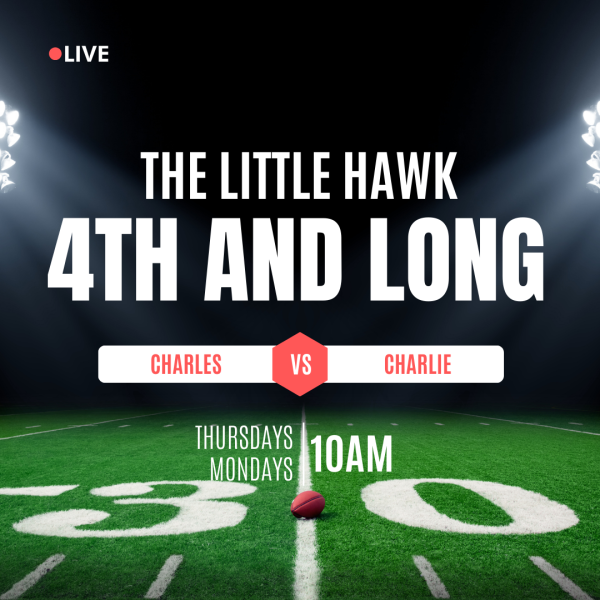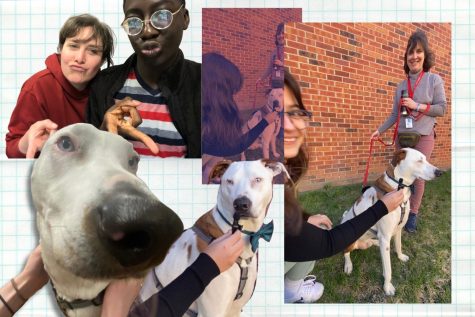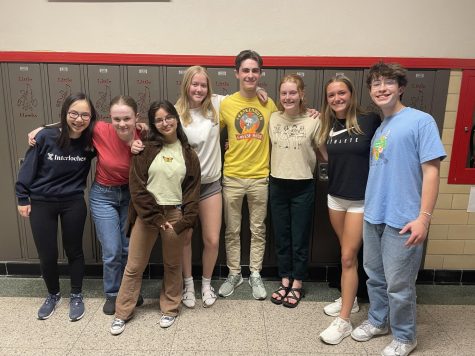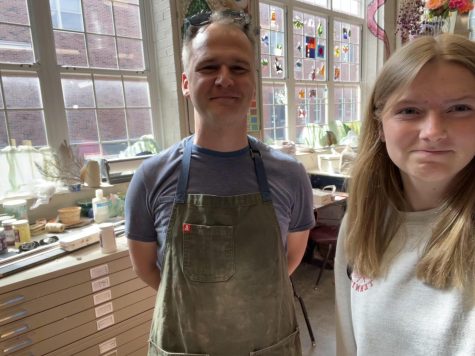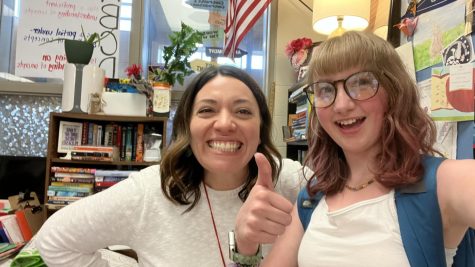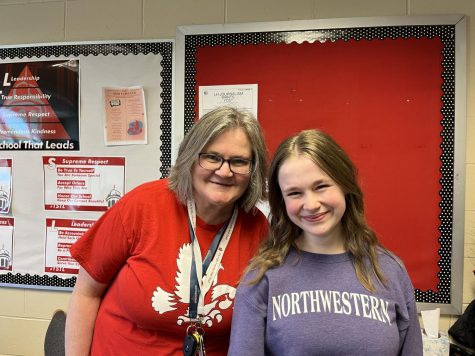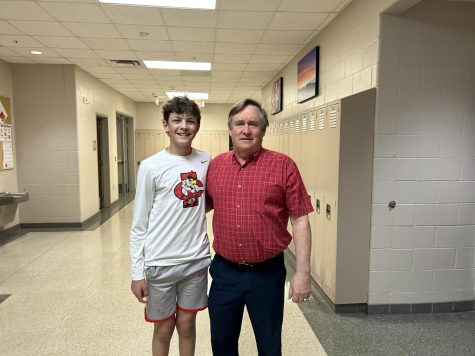Q&A With Adam Zabner: Debate Team Captain
April 20, 2017
Q: Would you like to introduce yourself?
My name is Adam Zabner and I’m a senior here at the school that leads, Iowa City High School.
Q: I understand that you’re the captain of the city high debate team, what’s that like?
This year we had sort of a unique situation, in that I was the only upperclassman on the team so it sort of became more of a teaching role where rather than a member of the team I felt more like a leader and our goal rather than having success this year sort of became to build a sustainable team for the future.
Q: When did you first become interested in debate?
So when I was in eighth grade, I did the junior high debate program. I went to one tournament and I went 0:4. I didn’t win a single round and after that I knew debate was right for me. Some of the seniors [from] the team of that year had been coaching me and they said ‘you definitely need to come back.’ so I came back.
Q: Did you start debating at City as a freshman?
Yeah, pretty much as soon as I figured out that the football thing wasn’t going to work out for me I started debate here at City High.
Q: Who was your partner your freshman year?
My freshman year I debated with Ryan Van Daele. He was a pretty swell guy. We had like moderate success. Interestingly, I was more successful in the varsity pool my sophomore year than I was in the freshman-only pool my freshman year.
Q: What’s the craziest thing that’s ever happened to you at a debate tournament? Do you have any horror stories?
Definitely making people cry, that sort of is unique. I think I’ve had like four or five in my career. Honestly, I’m not gonna lie, it’s fun. Obviously if the goal was to make them cry, that’s sort of mean and you shouldn’t do that, but when you beat someone and they cry it feels kind of good.
Q: How do you think debate has impacted your life?
Debate allows me to see both sides of issues and it’s made me think about other people differently. One of the key aspects of debate is that you have to be prepared to argue for any side at any time and I think that fosters a sense of empathy. Even if I don’t agree with someone’s political views- or views on any issue -I’m able to empathize and come up with arguments or sort of understand the rationale for why they might be correct. That allows me to understand that other people’s arguments have validity.
Q: Tell me about college, where have you been accepted and where did you apply?
I was accepted at University of Chicago, University of Michigan, University of Emory, Iowa State, and Case Western Reserve University. I’ve pretty much decided that I’ll be going to U of Chicago because they offered me a merit scholarship.
Q: Do you plan on debating in college?
I don’t, only because I think I’m going to University of Chicago and they don’t have a debate program there.
Q: Do you think you might start one or are you more focused on academics?
I’m more focused on academics and other things but I would love to find a high school to coach in the Chicago area.
Q: What’s the most challenging thing about debate for you?
I would say the most valuable thing I learned from debate was how to work on a team. For me initially that was very difficult to do because when you’re working in a partnership you’re spending a lot of time with your partner and you have to be working with [them]. Before I started debate, I really was not [good] at working in teams. It also forces you to take a risk. You are completely dependent on your partner. If your partner makes a mistake you lose, so rather than being competitive with your partner you realize that you really need to work as a team.
Q: You used to debate with Joey Wiedeman, how have things changed for you since you lost him as a partner?
Joey was a really great partner, very intense, really willed to win. Having Joey leave, Joey and I were a really good team, we worked really well together. It was sort of like hitting the reset button when I had to debate without him.
Q: How was your debate season this past year?
I wasn’t as successful as I’ve been in the past. Debating with a sophomore, you aren’t going to be quite as successful as the all-upperclassmen team that I was on last year. I think we had some great successes. We were on the semi-finals of the state tournament which was a proud moment for me, especially given the fact that I was debating with a freshman. None of the coaches I spoke to could remember the last time there was a freshmen in the semi-s of the Iowa State tournament so that was a really great moment for the team. I was just so glad to see the underclassmen perform. This is the first year in the history of City High that the freshmen have had an over 70% win percentage.
Q: What has been the proudest moment of your debate career?
Probably the first time I qualified to the Tournament of Champions, my sophomore year. It was sort of the classic debate moment. We were sitting in a ballroom, incredibly nervous, shaking and the judges announced that we had won. That was just a proud moment because not a lot of sophomores qualify to the tournament. That was the moment I knew that Joey and I were going to have success and the next year we came back and did even better.
Q: Tell me more about Tournament of Champions, how difficult is it to qualify?
You need to make it far into two national tournaments over the year and that allows you to qualify to the TOC. About 70 teams nationally do it. The environment of the TOC is unique to anything else I’ve done before. Usually at debate tournaments there’s people in the hallways chatting, talking to their friends, having fun, talking about their rounds. The TOC is completely silent, incredibly intense, every round is super serious. Teams spend months preparing. For a lot of seniors, it’s their last tournament ever and so it just creates this incredibly intense environment, but it’s a fun place to be for sure.
Q: What sort of things are you involved with outside of debate?
Outside of debate I’m involved with orchestra, the viola section, that’s a lot of fun. I am in speaker’s club which has been going on this year. We had Tom Cech speak, we had some veterans. In two weeks, we’re taking some kids to the TED talks at the University of Iowa.
Q: What would you say to someone who wanted to join the debate team here at City?
Go for it. There is nothing you can do that is as challenging or rewarding as debate.
*Answers have been edited for length and clarity*





